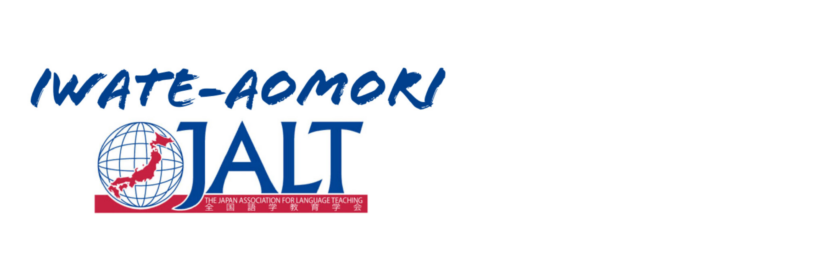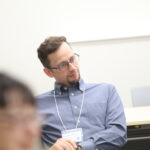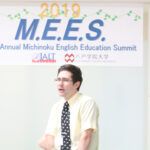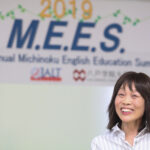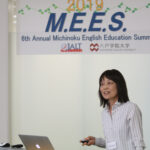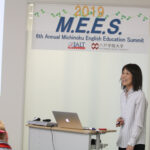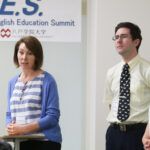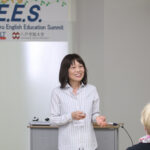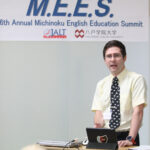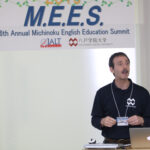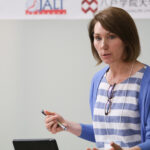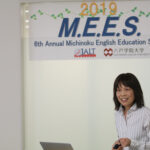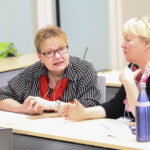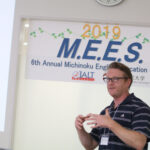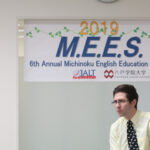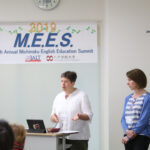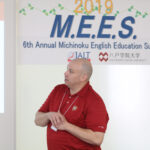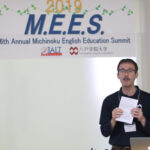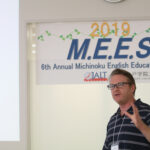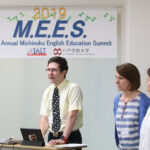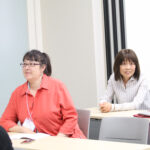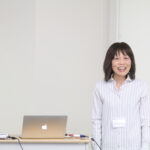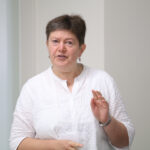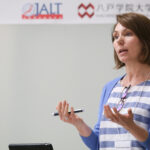Event Speaker: Jim Smiley
Fee for non-JALT members: 500 yen
Contact or Queries: iwatejalt@hotmail.com
Date and Time: Sunday, February 2, 2020 – 1:30pm to 4:30pm
Location: Iwate University Student Center A Room G23
Abstract
Educators in the Japanese context face significant difficulties in developing critical thinking skills in students. Much of these difficulties are well-known, such as the competition for time resources when students have to spend most of their energies cramming for memorization based high-school and university entrance exams and national qualification exams while in university. This results in students being relatively unprepared for and unknowledgeable about critical thinking. However, two other key aspects that hinder critical thinking skills are relatively unknown: students’ epistemic cognition and their underlying knowledge structure. Epistemic cognition refers to how knowledge itself is understood. For example, if information given by an authority figure is automatically believed to be true, critically analysing that information is seen to be a waste of time by students. Furthermore, in the Japanese educational context, the institutional learning experience of students leads to a belief that most information is either a fact or is an opinion. This fact/opinion knowledge structure also presents significant barriers to developing critical thinking skills.
In the first section, Smiley will interactively survey these barriers with attendees. While exploring these topics, attendees will develop insights into how their students’ epistemic cognition and knowledge structures may be better understood. This understanding leads to more focussed instruction that targets the problematic bases of critical thinking. The second section comprises a set of demonstrations of concrete examples of critical thinking practices and a workshop in which attendees’ own classroom readings are used as the basis for critical thinking activities. Attendees are encouraged to bring their own classroom readings for use in the session.
Bio Data
Jim Smiley is an Associate Professor at Iwate National University. He is the author of *Writing a Graduation Thesis *and is currently pursuing a doctorate in Higher Education with the University of Liverpool, focusing on epistemic cognition and academic reasoning in Japanese undergraduates.
